Uganda, a vibrant nation in East Africa with a population
exceeding 45 million, stands at the crossroads of significant health challenges
and remarkable scientific progress. Infectious diseases have long cast a shadow
over the country, yet Uganda has responded with resilience and ingenuity,
carving out a vital role in infection research and development. Growth Networks
has explored the major infectious diseases plaguing Uganda, the pioneering
research efforts underway, and the challenges and opportunities shaping this
critical field.
The Burden of Infectious Diseases in Uganda
Infectious diseases remain a dominant force in Uganda’s
public health landscape. Malaria is a persistent scourge, with over 12
million cases reported annually, according to the World Health Organization
(WHO). This mosquito-borne illness burdens rural communities the most, where
access to bed nets and treatment is often limited, impacting both health and
economic stability.
HIV/AIDS has left an indelible mark on Uganda since
the 1980s. Though the prevalence has stabilized at around 5.4% (per UNAIDS),
ensuring widespread access to antiretroviral therapy and addressing social
stigma remain ongoing battles.
Tuberculosis (TB) compounds these challenges,
particularly due to its frequent co-occurrence with HIV. As one of the world’s
top 30 high-burden TB countries, Uganda also faces the growing threat of
multidrug-resistant strains.
The arrival of COVID-19 further tested Uganda’s
resilience. Early containment efforts, including lockdowns, showed promise, but
the pandemic revealed weaknesses in healthcare infrastructure and preparedness.
Additionally, Uganda contends with sporadic outbreaks of Ebola
and Marburg virus, highlighting the need for robust surveillance and
rapid response mechanisms in this biodiversity-rich region.
Pioneering Research Efforts
Against this backdrop, Uganda has emerged as a hub of
infection research. The Uganda Virus Research Institute (UVRI) stands
out as a global leader. Established in 1936, UVRI gained fame for isolating the
Zika virus in 1947 and today spearheads research on HIV, vaccine development,
and outbreak response, often in partnership with organizations like the WHO and
the U.S. Centers for Disease Control and Prevention (CDC).
The Makerere University Walter Reed Project (MUWRP)
is another key player, focusing on HIV and emerging infections. Its clinical
trials for HIV vaccines and treatments have contributed valuable data to global
health efforts.
For malaria, the Malaria Research Centre at Makerere
University drives advancements in understanding drug resistance and improving
vector control, directly influencing national health policies.
International collaboration amplifies these efforts. The Medical
Research Council/Uganda Virus Research Institute and London School of Hygiene
& Tropical Medicine Uganda Research Unit (MRC/UVRI & LSHTM Uganda
Research Unit) combines local and global expertise to tackle HIV, TB, and
new pathogens.
Innovations and Breakthroughs
Uganda’s research is marked by creative solutions tailored
to its context. Mobile health (mHealth) technologies have proven
transformative, with digital tools used during the COVID-19 pandemic to track
cases—a model with potential for broader application.
In HIV prevention, Uganda has been a pioneer in testing pre-exposure
prophylaxis (PrEP), demonstrating its efficacy and shaping international
guidelines. Meanwhile, genomic sequencing has gained traction, as seen
in UVRI’s rapid analysis of the Ebola Sudan strain during the 2022 outbreak,
aiding vaccine development.
Challenges in the Field
Despite these achievements, hurdles abound. Funding
is a constant struggle, with many projects reliant on unpredictable external
grants, limiting Uganda’s ability to set its own research priorities. Infrastructure
disparities are stark while urban centers like UVRI boast advanced labs, rural
areas often lack basic diagnostic tools.
Human resources are also strained. A shortage of
trained researchers, compounded by brain drain, hampers progress. Additionally,
social and political factors, such as misinformation during the COVID-19
pandemic, have undermined public trust and slowed health interventions.
Opportunities for Growth
Yet, Uganda’s challenges are matched by unique strengths.
Its biodiversity and location make it an ideal setting for studying
zoonotic diseases, which account for 60% of emerging infections globally. This
positions Uganda as a frontline player in preventing future pandemics.
The country’s youthful population over 75% under
30 offers a wealth of potential talent. Investing in science education could
unlock a new generation of researchers. Regional collaboration within
the East African Community could further amplify resources and impact.
A Call to Action
Uganda’s journey in infection research and development is
one of grit and innovation. From historic breakthroughs like the Zika discovery
to modern triumphs in HIV and Ebola research, the country has much to
celebrate. But to secure its future as a leader in this field, action is
needed.
Increased funding, both local and global, can sustain
long-term projects and bolster infrastructure. Capacity building through
education will ensure a skilled workforce. And fostering public trust
will bridge the gap between research and real-world outcomes.
As infectious diseases continue to threaten global health,
Uganda’s contributions are indispensable. By addressing its challenges and
embracing its opportunities, Uganda can remain a beacon of hope and progress.

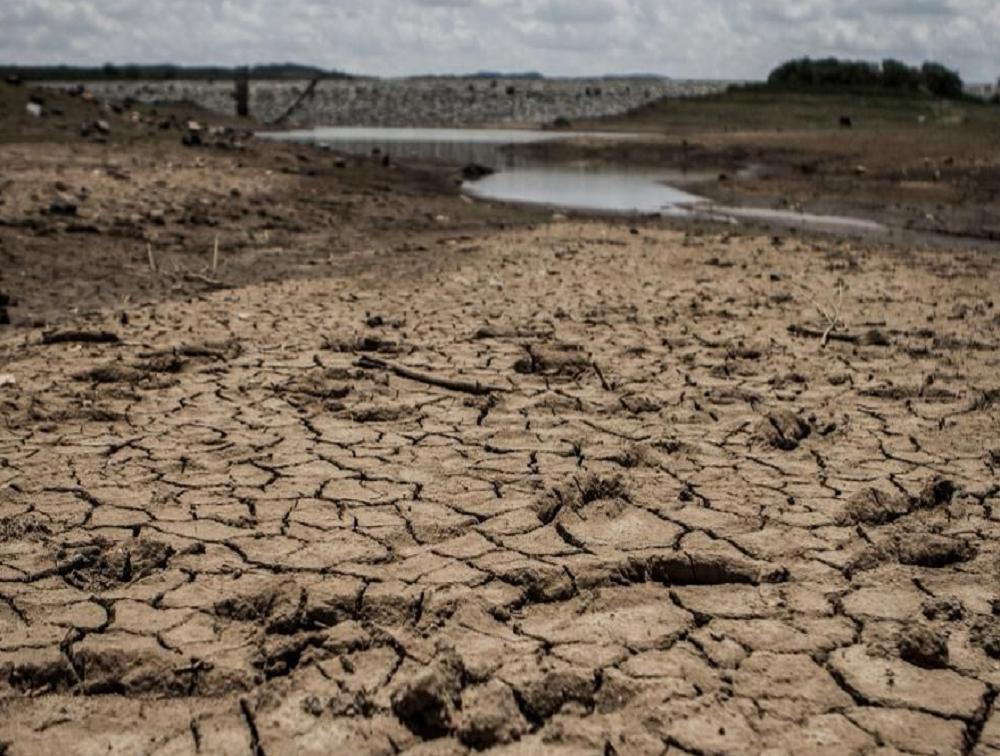


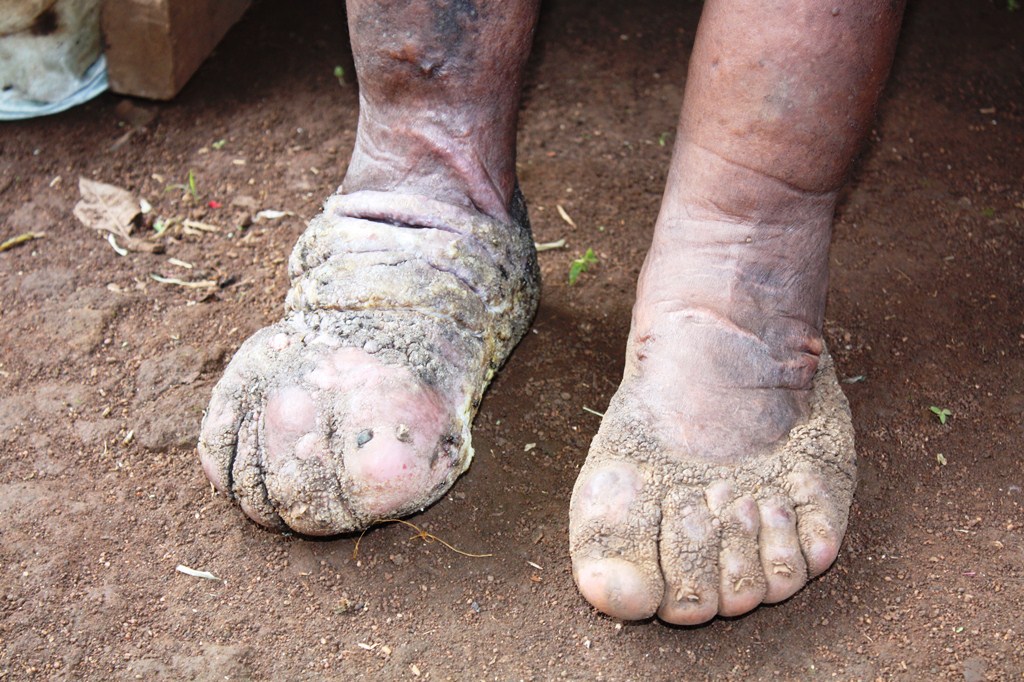
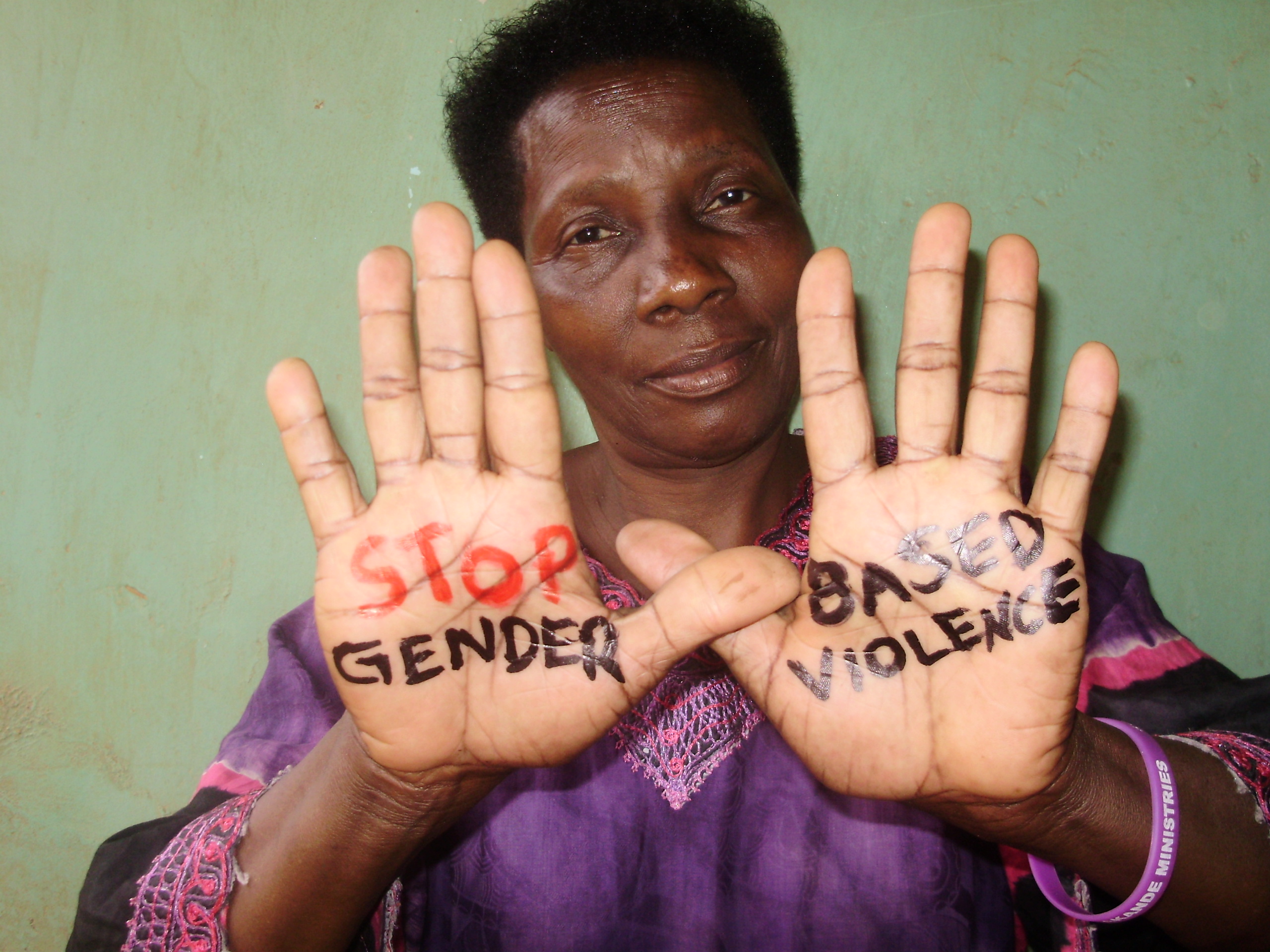
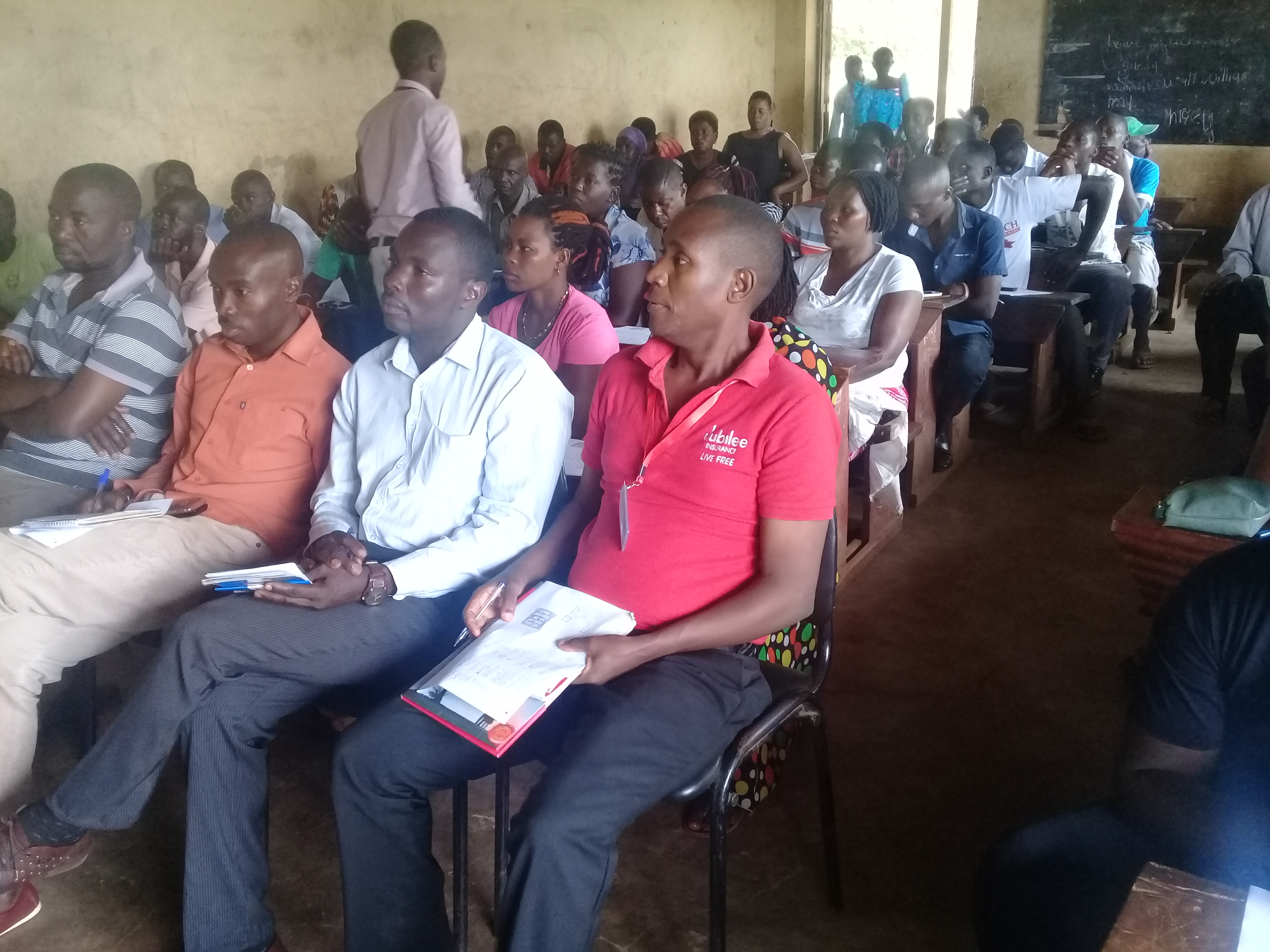

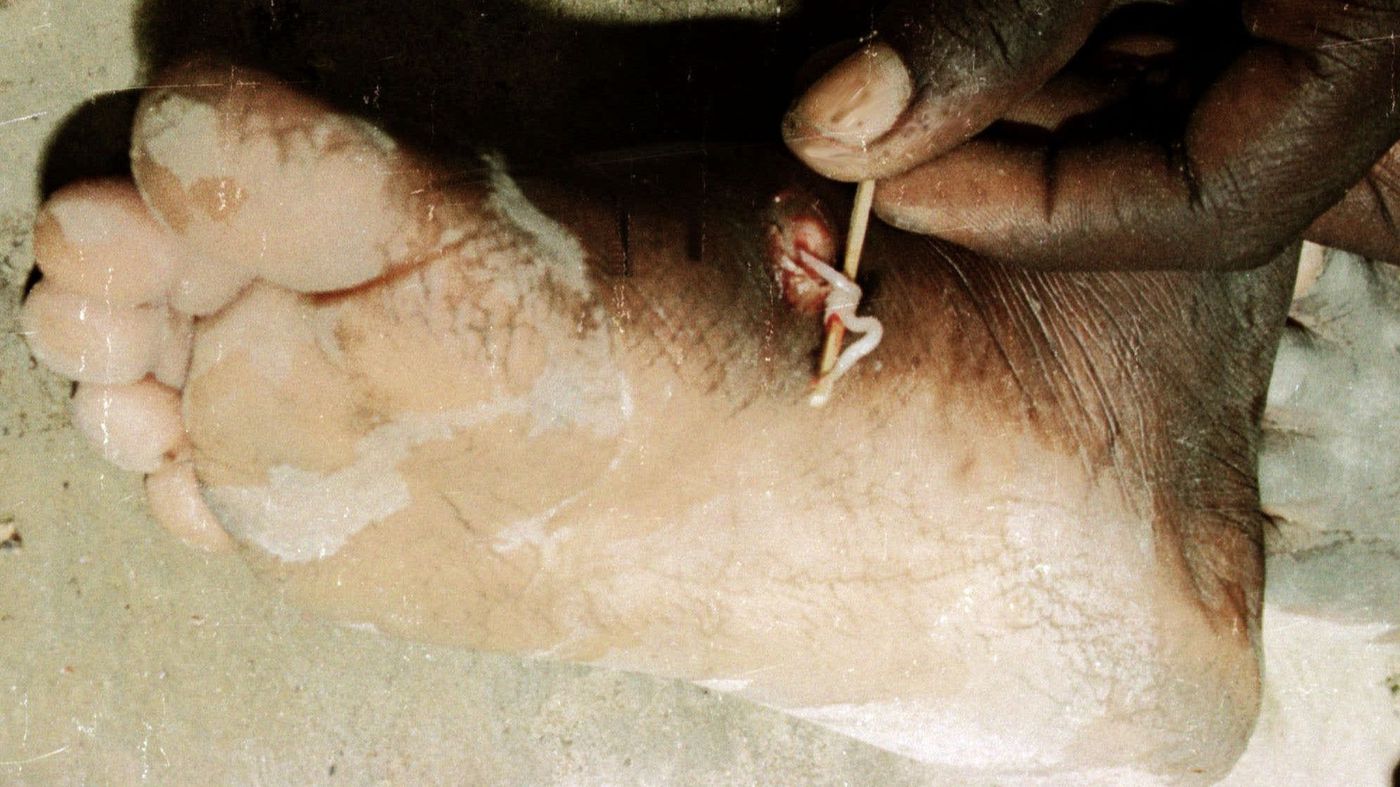
Comments